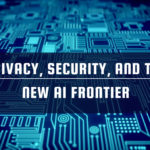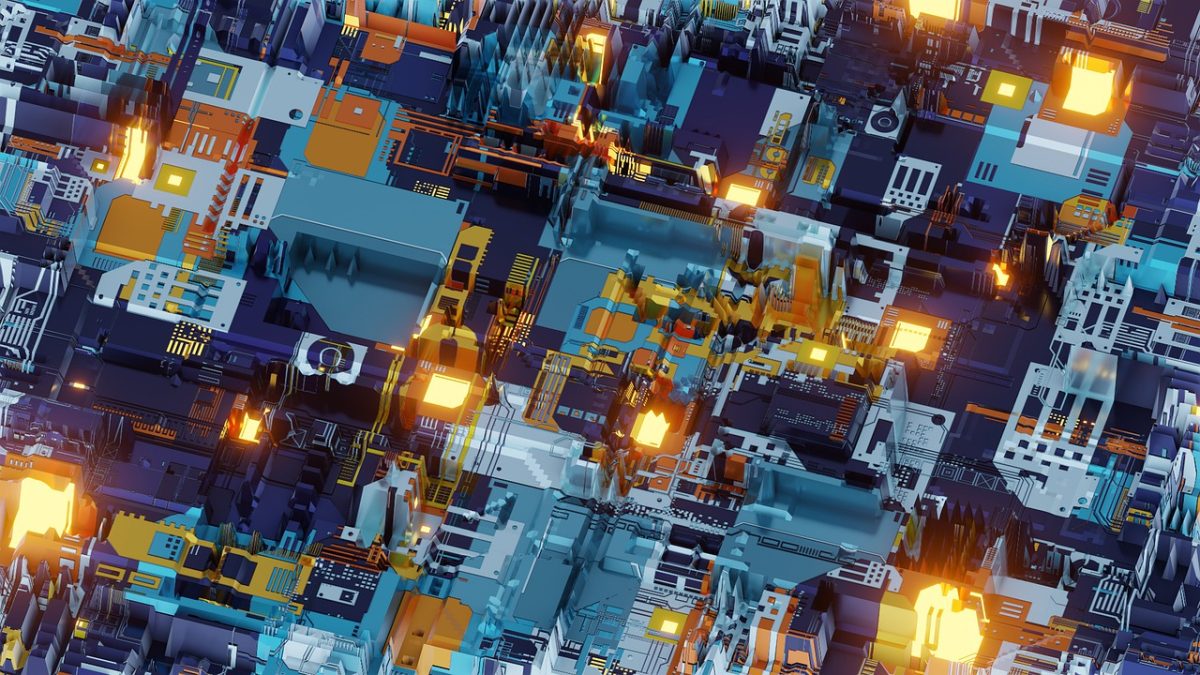Knowledge Session-Industry 4.0 & Beyond, organized by Open Innovator on February 21st, presented an insightful exploration of the profound impact of advanced technologies such as AI, IoT, and automation on manufacturing and operational processes.
Speaker Lineup:
– Yagndeep Gohil, Startup Engagement Manager, MeitY-NASSCOM Center of Excellence
– Santosh Panday, General Manager, Aditya Birla Group
– Markand P. Pathak, Co-founder, Anedya Systems
– Niharika Kolte Alekar, Co-founder, Volar Alta
– Nathalie Takpah, Omid Limited
Moderated by Naman Kothari, NASSCOM CoE
Session Summary:
Introduction to Industry 4.0: Yagndeep Gohil kicked off the session with an overview of Industry 4.0, emphasizing the integration of AI, IoT, and automation into manufacturing. He provided a notable example of these technologies in action at the Mahakumbh event, managing a colossal crowd of over 640 million people efficiently.
Panel Discussion on Industry 4.0 Technologies: Santosh Panday discussed how Industry 4.0 has significantly improved industrial safety through data-driven approaches. The conversation touched on the historical evolution of safety measures across industrial revolutions and how today’s protocols are increasingly relying on data for better decision-making.
Startup Contributions in Industry 4.0: The panelists delved into the critical role startups play in fostering innovation, emphasizing the importance of evaluating a startup’s core team, technology scalability, and the presence of industry-specific use cases. Markand P. Pathak shared Anedya’s successful collaboration with a leading manufacturer, addressing IoT compatibility and data security issues using a cloud-based solution.
Infrastructure as a Service (IaaS) and Industrial Device Management: Niharika Kolte Alekar elaborated on the role of drones in industrial inspections and how they’ve evolved from being simple flying cameras to sophisticated tools for safety and efficiency enhancement. She highlighted the benefits of using drones in hazardous environments and various sectors like construction and manufacturing.
Cultural and Organizational Changes for Digital Transformation: The speakers acknowledged the challenges in adopting Industry 4.0 technologies, emphasizing the need for a digital-first culture that encourages data-driven decisions. Santosh Panday introduced “data citizenship,” where domain experts actively engage with data beyond the technical teams.
Startup-Enterprise Collaboration: Effective collaboration was underscored, with a structured approach to co-creation that starts with identifying the right startup match, setting clear objectives, and initiating small-scale pilot projects. Mentorship and ongoing support are essential for integrating innovative solutions into large industrial settings.
AI and Drones in Asset Inspections and Defect Detection: Real-world applications of AI and drones were presented, including their use in topographic surveying, construction monitoring, and pre-commissioning inspections. These technologies have been instrumental in preventing costly errors and ensuring asset integrity.
The Outlook for Smart Manufacturing: Santosh Panday painted a picture of the future, where autonomous manufacturing operations driven by AI, IoT, and emerging technologies will be commonplace. Effective data management will be crucial for achieving success in this domain.
Key Insights:
- Data-Centric Safety: Industry 4.0 technologies enhance safety and operational efficiency by enabling real-time monitoring and predictive maintenance.
- Startup-Enterprise Synergy: Startups are innovation drivers, and scalable solutions must align with industrial requirements for successful collaboration.
- Drone Utilization: Drones are increasingly vital for industrial inspections, reducing downtime and improving safety.
- Digital Transformation Culture: Embracing a digital-first culture is imperative for the successful implementation of Industry 4.0 technologies.
- Structured Co-Creation: A systematic approach to collaborating with startups is essential for large enterprises seeking innovation.
The session underscored the significance of technology in transforming industries and the need for strategic alliances between startups and established companies to harness the full potential of Industry 4.0. As the industrial landscape evolves, these collaborations will be instrumental in shaping the future of smart manufacturing.







